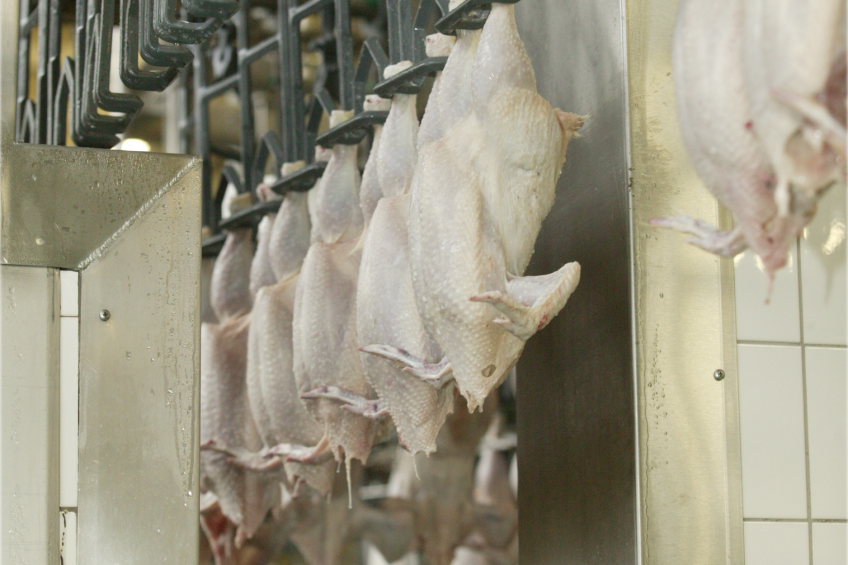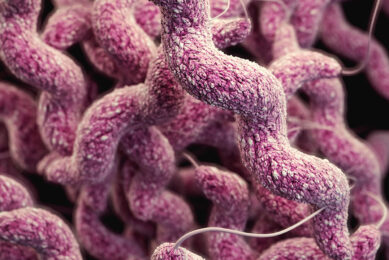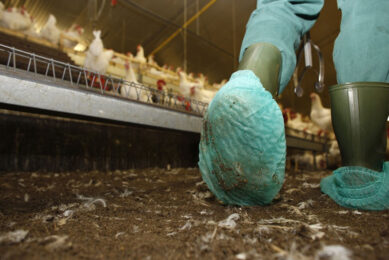Level of campylobacter in British chicken down

The level of campylobacter contamination in British chicken is significantly lower than last year, the country’s Food Standards Agency reports.
In the first quarter of the second year of survey, from July to September 2015, 15% of chickens tested positive for the highest level of contamination, down from 22% in July to September 2014. Campylobacter was present on 76% of the chicken samples, down from 83% in the same months of last year.
Campylobacter campaign
The Food Standards Agency is leading a campaign to bring down the presence of the campylobacter bacteria in Britain, working closely together with chicken producers and processors and the large supermarket chains in the UK. The FSA has been testing chickens for campylobacter since February 2014 regularly and publishes the results as part of its campaign to bring together the whole food chain to tackle the problem as well as to raise awareness of the health risks of campylobacter.
As with the previous survey, the data shows variations between the retailers. Steve Wearne, director of policy at the FSA said: “It is good to see that some retailers are getting to grips with campylobacter. However, we want to see all of them pulling together to achieve real and lasting reductions. I am also pleased that we are starting to see retailers and processors being open with consumers about what they are doing to tackle the problem and about the impact their interventions are having on the chickens they are selling.”
You may also be interested in: UK campylobacter data ‘out of date’, processors suggest
“Moving in the right direction”
The British Poultry Council also is pleased with the first signs of improvement. Chairman John Reed, said: “We are pleased to be seeing progress made after years of effort and the investment of tens of millions of pounds. There is still a lot of work to do but these results show that we are moving in the right direction.”
The BPC has been working closely with regulators and retailers since 2009 to better understand and combat the presence of campylobacter in chickens. This co-operative work is overseen by the Acting on Campylobacter Together (ACT) Board, with representatives from regulators, retailers, and processors. ACT board chairman, Richard MacDonald, said: “Campylobacter remains a very complex bacterium that exists naturally in the environment. We have made great strides in our understanding and the interventions now available extend from farm to fork. We are confident that the creativity and innovation being brought to bear will drive further progress.”
Read the expert opinion from Paul Lopez who says “Reducing Campylobacter in poultry is a big challenge”












